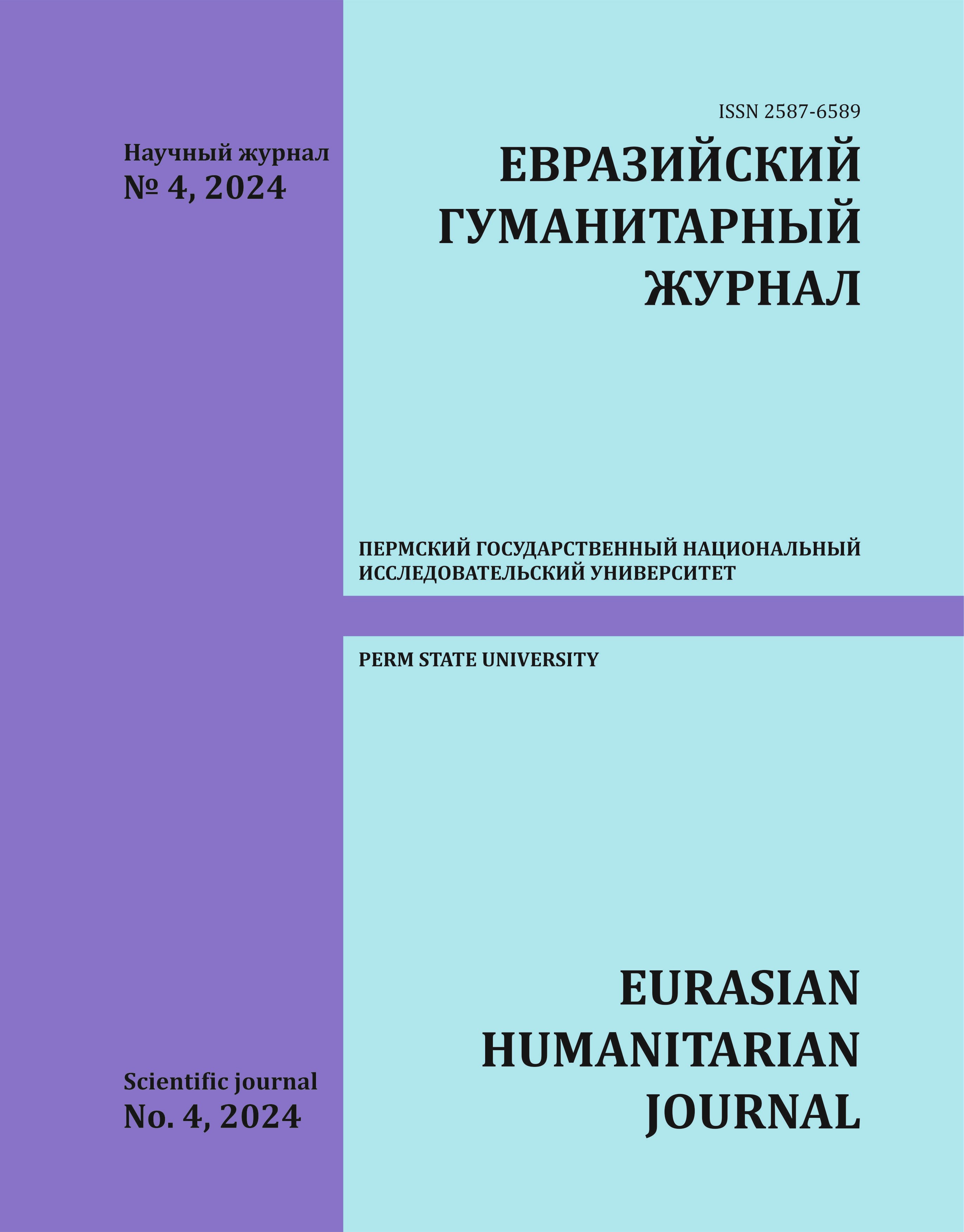THE CONCEPT OF THE LANGUAGE WORLDVIEW IN MODERN LINGUISTIC RESEARCH
Keywords:
language picture of the world (worldview), conceptual sphere, linguistic consciousness, cognitive approach, psycholinguistic approach, linguistic and cultural approach, associative lexicographyAbstract
The relevance of writing this article is due to the growing number of texts and mediatexts for translation, the interdisciplinary interest of scientists in the issues of the linguistic picture of the world and the importance of its correct understanding for intercultural communication, including translation process. The article under consideration deals with the concept of the worldview in various sciences (psychology, cultural studies, linguistics) in general and in particular the phenomenon of the linguistic worldview. It is noted that the psychological understanding of the worldview is a subjective reality in relation to the objective existence of a person. The cultural understanding of the worldview is inextricably linked with the concept of national culture, manifested in the interrelation of man, language and culture. In the linguistic understanding, the picture of the world is differentiated from the linguistic picture of the world: the first one is a reflection of the world in consciousness, and the second one is the linguistic embodiment of these concepts. The variety of approaches (linguocognitive, psycholinguistic, linguocultural) to the definition of the linguistic worldview (picture of the world) leads to different interpretations, terminological confusion and the need to develop a unified theoretical framework. It is legitimate to highlight the variants of the worldview (scientific, professional, naive) and variations of each of them. Associative lexicography is a modern way of reflecting the linguistic picture of the world.Downloads
Published
2024-12-20
Issue
Section
ОБЩИЕ ВОПРОСЫ ЯЗЫКОЗНАНИЯ

